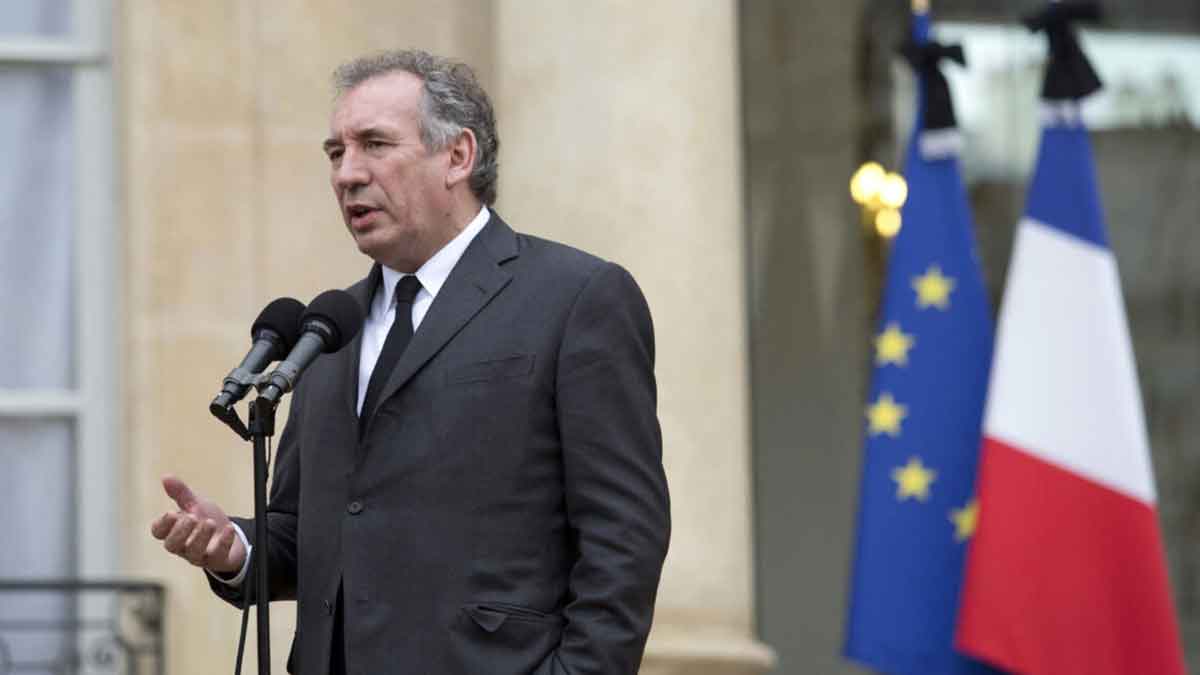François Bayrou, recently appointed as France’s Prime Minister, has unveiled the country’s fourth government within a single year. This cabinet formation follows significant political turbulence, with the administration’s primary challenge being to secure parliamentary approval for the 2025 budget while navigating a fractured National Assembly. The newly formed cabinet comprises 34 members, reflecting a balance between experienced political figures and fresh appointments, predominantly from conservative and centrist factions.
The announcement, made by Alexis Kohler, the Elysée presidential palace secretary, highlighted key appointments. Former Prime Minister Elisabeth Borne now serves as the Minister of Education and ranks as the second most influential figure in the government. Jean-Noël Barrot retains his position as Minister of Foreign Affairs, while Gérald Darmanin transitions from his role as Interior Minister to become the new Justice Minister. Bruno Retailleau succeeds Darmanin as Minister of the Interior, and Manuel Valls, a former Prime Minister under François Hollande, takes charge of the Overseas Territories portfolio. Other notable appointments include Sébastien Lecornu as Minister of the Armed Forces, Rachida Dati as Minister of Culture, and Eric Lombard as the new Minister of the Economy. François Rebsamen, also a former minister under Hollande, assumes responsibility as the Minister of Territories and Decentralization.
This government faces immediate challenges, including overcoming parliamentary gridlock that has persisted since President Emmanuel Macron’s centrist party lost to far-right contenders in the European Union elections. The political deadlock in the National Assembly features three distinct blocs unwilling to cooperate, complicating legislative progress. Bayrou’s predecessor, Michel Barnier, was ousted after attempting to pass the social security budget without a parliamentary vote, a decision that backfired and led to his removal.
The new cabinet’s survival hinges on its ability to navigate a hostile parliamentary landscape until the anticipated elections next summer. Opposition parties, including the hard-left France Unbowed (LFI), have already declared their intent to file a no-confidence motion against the government. Criticism of the cabinet’s composition has also surfaced, with accusations of far-right influence over Bayrou’s appointments. Xavier Bertrand, a leading conservative figure, publicly declined a ministerial position, citing Marine Le Pen’s approval of the government as his primary objection. Socialist Party leader Olivier Faure labeled the cabinet a “provocation,” criticizing Bayrou’s failure to engage with moderate Socialists to form a more inclusive coalition.
The government’s first Council of Ministers meeting is scheduled for January 3, while the National Assembly remains closed until January 13. The confidence vote expected later in January will determine the cabinet’s viability, testing its capacity to navigate France’s deeply polarized political environment. Bayrou’s strategy, centered on balancing experienced governance with a pragmatic approach to legislative challenges, faces critical scrutiny from both allies and opponents as the government embarks on its mission to stabilize France’s political landscape.










































